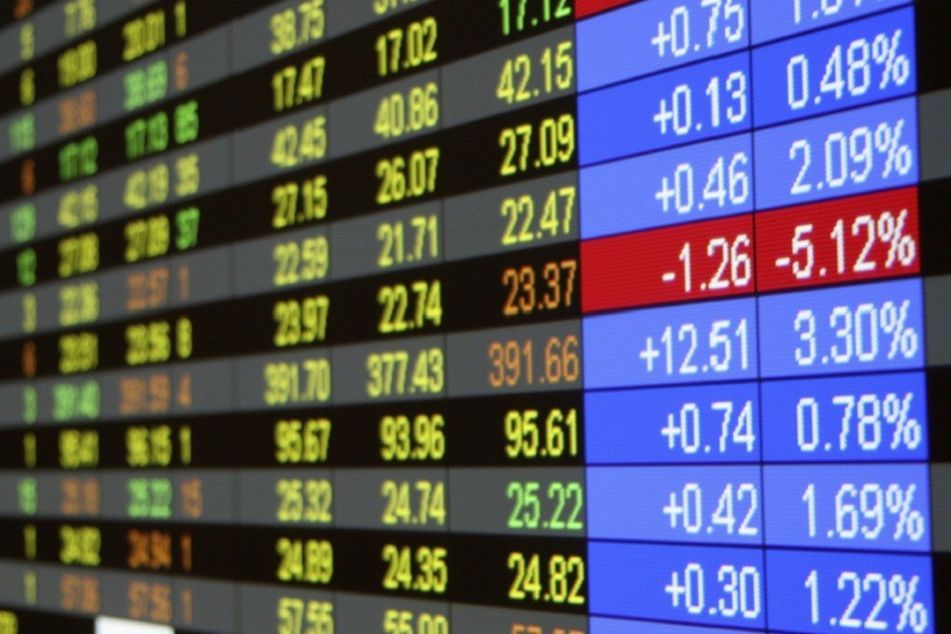Wealthy investors loving U.S. stocks

Investors continue to see domestic stocks as the best thing going: Legg Mason survey.
Some wealthy investors are growing to love the bull market, as prominent investors cheer the run-up in U.S. stock prices, according to a new survey by Legg Mason Inc.
The asset manager found most of the moneyed investors it polled online are keeping their allocation to stocks the same this year as last, while nearly a third plan to increase those allocations. A mere 6% plan to cut their allocation to equities.
The results come as U.S. stocks continue to rally after their sixth-straight year of gains, a rare phenomenon of placid markets and rising wealth that has followed one of the most scarring financial crises in memory.
Just last month, the Vanguard Group Inc. studied money movements into mutual funds and came to the conclusion that investors have the highest level of assets in equity-oriented investments since 2007, a development they characterized as worrisome.
“We would agree that the U.S. equity market is the best place to be in 2015, if not the only place to be,” said Theodore J. Feight, a financial adviser at Creative Financial Design. “The reason that the percent of people feeling this way is increasing is that last year was a good year.”
https://s32566.pcdn.co/wp-content/uploads/assets/graphics src=”/wp-content/uploads2015/02/CI98301211.JPG”
OUTSIZED ALLOCATIONS
Despite the long bull market — and its accompanying risk of a correction — a range of closely watched portfolio managers and broker-dealer home offices continue to recommend outsize allocations to U.S. stocks as economic growth stumbles in other countries.
The investors surveyed by Legg Mason maintain a 41% allocation to stocks, on average, along with 22% stashed in cash, a 16% stake in fixed-income investments and a 21% allocation to alternatives.
Just 13% of their total assets are invested internationally.
Over the past year, investors’ only change has been to decrease, by four percentage points, their allocation to fixed income. Those funds have shifted into alternative investments, including commodities and real estate.
The investors are not showing concern over rising interest rates, with just 5% identifying that expected issue as one that could derail their portfolios. But they do expect income-producing assets to generate less return: They expect those assets to generate 7.8%, down from 8.5% two years ago, according to the survey.
The survey was conducted in December and January among 458 U.S. investors with at least $200,000 in assets that can be invested in the markets, Legg Mason said. The margin of error is plus or minus 4.6%.
Learn more about reprints and licensing for this article.




